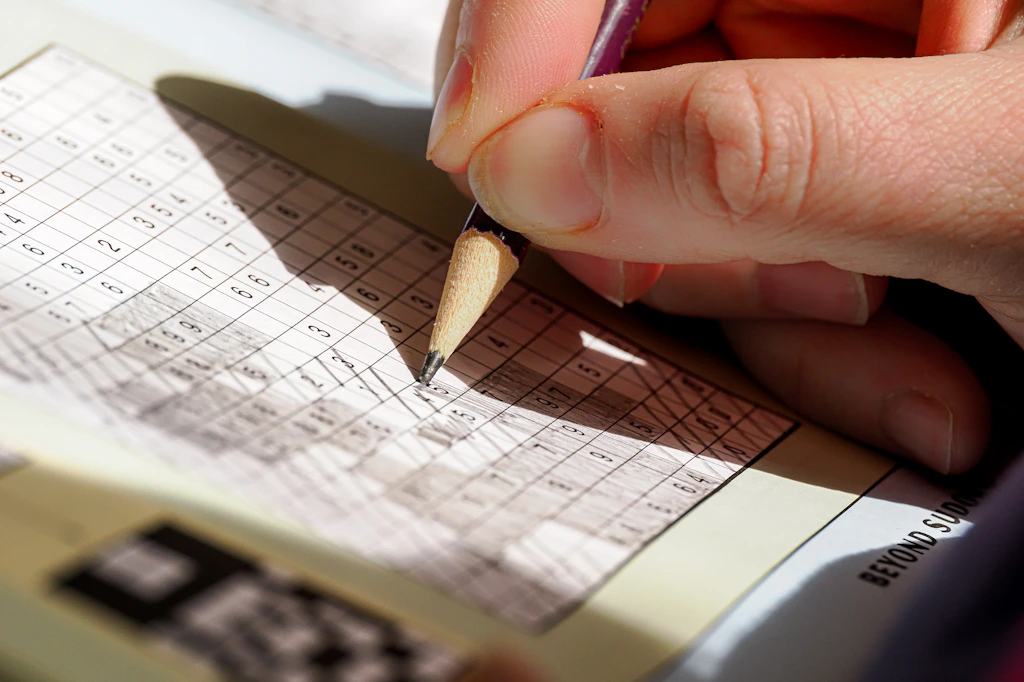Great writing doesn’t happen in a single sitting. It’s the result of careful drafting, revising, and refining ideas. Drafts allow you to explore and organize your thoughts, while revisions polish your work for clarity, coherence, and impact. Whether you’re writing an essay, research paper, or creative piece, the drafting and revision process is essential for achieving excellence.
This guide explains why drafts and revisions matter and offers practical strategies to help you enhance your writing.
1. Drafts Allow for Exploration and Organization
Your first draft is a starting point—a space to brainstorm, develop ideas, and structure your essay. It’s not about perfection but getting your thoughts on paper.
Why Drafting Matters:
- Encourages Creativity: A rough draft lets you experiment with ideas and arguments.
- Identifies Gaps: Writing down your thoughts helps you see areas that need further research or explanation.
- Structures Ideas: Drafts allow you to test different structures and find the best flow for your essay.
Tip: Don’t worry about grammar or fine details in your first draft. Focus on expressing your ideas.
2. Revisions Improve Clarity and Precision
Revising transforms your rough draft into a polished piece of writing. It’s an opportunity to refine your arguments, fix inconsistencies, and enhance readability.
Key Goals of Revision:
- Clarify Main Ideas: Ensure your thesis and supporting arguments are clear and easy to understand.
- Strengthen Evidence: Add, remove, or replace evidence to make your arguments more convincing.
- Eliminate Redundancy: Remove repetitive phrases or sections that don’t add value.
- Polish Language: Improve sentence structure, word choice, and tone.
3. Multiple Drafts Foster Deeper Thinking
Revising your work often leads to new insights and better articulation of complex ideas. Each draft takes your work closer to its final, polished form.
Steps for Effective Multi-Drafting:
- First Draft: Focus on ideas and structure.
- Second Draft: Refine arguments, add evidence, and reorganize sections for better flow.
- Final Draft: Polish grammar, punctuation, and style for a professional finish.
Tip: Buying papers online can provide examples of well-structured essays, helping you understand what a polished draft should look like.
4. Editing Enhances Readability
After revising for content, focus on editing for grammar, syntax, and style. Editing ensures your writing is professional and free of errors.
Common Editing Checks:
- Grammar and Punctuation: Correct any errors in tense, agreement, or punctuation.
- Conciseness: Replace long or convoluted sentences with clear, concise alternatives.
- Style and Tone: Ensure your language suits the purpose and audience of your essay.
Tip: Use tools like Grammarly or Hemingway Editor to streamline the editing process.
5. Revisions Reflect Thoughtfulness and Effort
Taking time to revise shows commitment to your work. Well-revised writing demonstrates critical thinking, attention to detail, and a desire to communicate effectively.
Benefits of Thorough Revisions:
- Stronger Arguments: Revising helps ensure your points are well-supported and logically sound.
- Engaged Readers: Clear and polished writing keeps your audience interested and engaged.
- Higher Grades: Professors appreciate well-organized, error-free essays that reflect effort.
6. Common Mistakes to Avoid During Revisions
While revising, be mindful of these pitfalls:
- Overlooking Big Picture Issues: Don’t get so focused on grammar that you miss problems with structure or argument.
- Rushing Through Edits: Give yourself enough time to review your work thoroughly.
- Ignoring Feedback: Use feedback from peers or instructors to guide your revisions.
Tip: If you’re unsure where to start, consider buying papers online for inspiration or professional editing services for guidance.
7. Seek Feedback for Fresh Perspectives
Sometimes, it’s hard to spot errors or weaknesses in your own work. Sharing your draft with peers, mentors, or professional editors can provide valuable insights.
How to Use Feedback Effectively:
- Ask specific questions, like “Is my argument clear?” or “Does the essay flow well?”
- Be open to constructive criticism and use it to strengthen your work.
- Incorporate suggestions that align with your thesis and goals.
8. Set Aside Time Between Drafts
Taking a break before revising allows you to approach your work with fresh eyes. This helps you spot errors and inconsistencies you might otherwise miss.
Tips for Spacing Drafts:
- Schedule at least a day between drafting and revising.
- Use the break to reflect on your essay’s main points and objectives.
9. Use Technology and Resources to Aid Revisions
Digital tools can make drafting and revising more efficient.
Recommended Tools:
- Grammarly: For grammar and style corrections.
- ProWritingAid: Offers in-depth analysis of readability and structure.
- Turnitin: Checks for originality and ensures proper citation.
Tip: If buying papers online, ensure the service provides drafts or revisions to help you learn and improve.
10. Know When to Stop
While revisions are important, it’s possible to over-edit your work. Once your essay is clear, cohesive, and polished, trust that it’s ready for submission.
Final Checklist Before Submission:
- Does the essay address the prompt?
- Is the thesis clear and well-supported?
- Are citations accurate and complete?
- Is the writing free of grammar and spelling errors?
Conclusion: Embrace the Process
Drafting and revising are essential steps in creating impactful, high-quality writing. By dedicating time to exploring ideas, refining arguments, and polishing language, you ensure your work stands out for its clarity and professionalism.
If you need additional support, buying papers online from reputable platforms can provide examples, templates, and feedback to guide your process. Remember, great writing isn’t about perfection in the first draft—it’s about embracing revision to achieve excellence.
Start your next draft today and see how the power of revisions transforms your writing!




